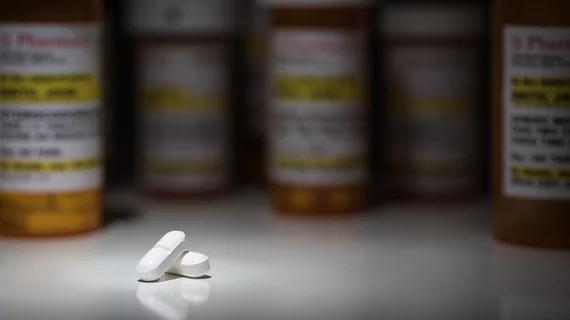Torrent Pharma recalls an additional 104 lots of losartan
Torrent Pharmaceuticals Limited has expanded its recent recall of blood pressure-regulating losartan tablets to include an additional 104 lots of the drugs, the company announced April 18.
Torrent first announced a voluntary recall of two lots of losartan potassium tablets last December after in-house testing revealed trace amounts of N-nitrosodiethylamine (NDEA)—a probable human carcinogen found in air pollution and industrial processes—in drugs manufactured by Hetero Labs Limited in India. In January the company announced the recall was expanded to 10 lots, then 16.
By March, Torrent had again reported a voluntary recall of 60 lots of losartan potassium tablets and 54 lots of losartan potassium/hydrochlorothiazide tablets due to higher-than-acceptable levels of N-methylnitrosobutric acid (NMBA), another probable human carcinogen.
The latest recall affects an additional 36 lots of losartan potassium tablets and 68 lots of losartan potassium-hydrochlorothiazide tablets. The drugs contained amounts of NMBA that exceeded FDA regulations, though Torrent maintained in a statement it hasn’t received any adverse reports related to the recalls to date.
Losartan is used to treat hypertension, left ventricular hypertrophy in hypertensive patients and nephropathy in type 2 diabetics. Torrent said it’s notifying all affected customers by phone and in writing to “immediately discontinue distribution” of certain lots of losartan, and is arranging for the return of all recalled products to Qualanex.
Torrent’s recall comes just months after Camber Pharmaceuticals, Inc., issued their own voluntary nationwide recall of 87 lots of losartan. Camber reported its product, also manufactured by Hetero Labs, contained trace amounts of NMBA.
Camber’s announcement marked losartan as the third angiotensin II receptor blocker (ARB) to be recalled within a year, with more than 20 countries recalling valsartan drugs last July and ScieGen Pharmaceuticals issuing a recall of irbesartan in November.
“We are deeply concerned about the presence of a third nitrosamine impurity in certain ARB medications, but it’s important to underscore that, based on the FDA’s initial evaluation, the increased risk of cancer to patients with NMBA exposure appears to be the same for NDMA (N-nitrosodimethylamine) exposure but less than the risk from NDEA exposure,” FDA Commissioner Scott Gottlieb, MD, said at the time. “That said, any presence of such impurities in drug products is not acceptable.”
The FDA recommends patients currently using losartan affected by the recall continue to take their medication until an alternative is cleared by their physician. Find a full list of Torrent’s affected losartan lots here.

